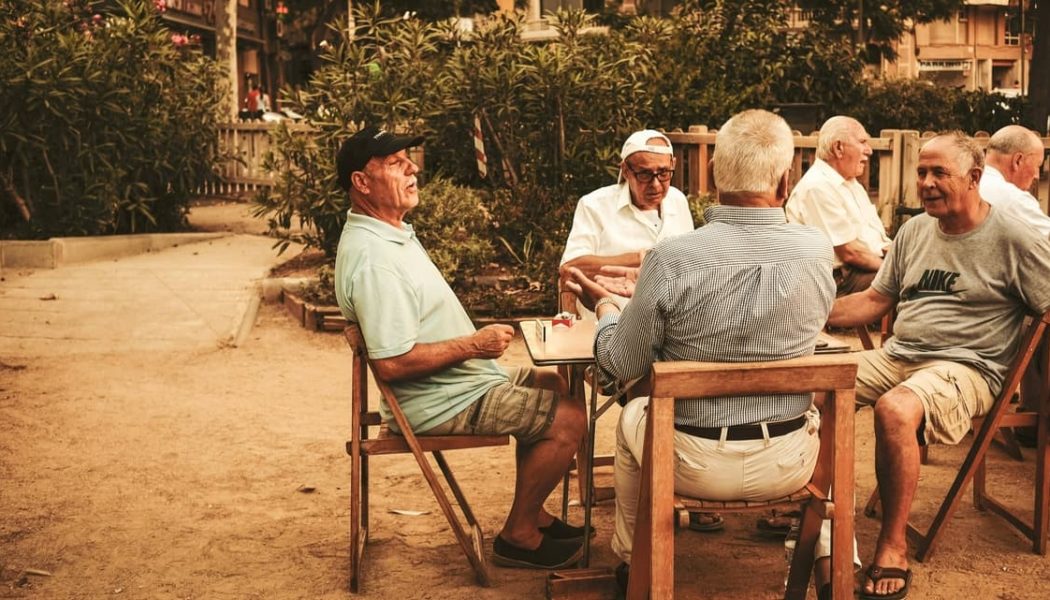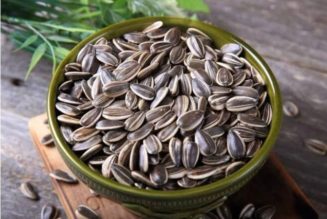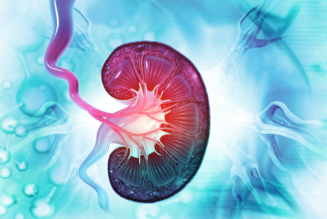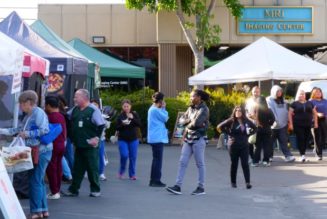
With India’s ageing population expected to rise, health problems like dementia and sarcopenia will increase too, calling for a need for preventive strategies and interventions
The ageing population in India faces numerous health challenges. As life expectancy increases, so do issues like chronic diseases, cognitive disorders like dementia and Alzheimer’s, and physical ailments such as arthritis and osteoporosis. These conditions not only affect the quality of life but also increase the burden on healthcare systems. Additionally, older adults often face psychological issues such as depression and loneliness. Addressing these challenges requires comprehensive healthcare strategies, including preventive care, improved healthcare infrastructure, and support systems for mental health and social engagement.
Also read: How ageing impacts the gut microbiome and causes inflammaging
COGNITIVE HEALTH
Prevalence of Dementia and Alzheimer’s Disease
India is experiencing a significant prevalence of dementia among its elderly population. Recent estimates from the Longitudinal Aging Study in India (LASI) suggest that the prevalence of dementia in adults over the age of 60 is approximately 7.4%, translating to about 8.8 million Indians currently living with dementia. This figure surpasses previous estimates, highlighting an increasing trend in the incidence of dementia and Alzheimer’s disease within the ageing population.
The rising trend of Alzheimer’s and dementia is particularly concerning given the rapid ageing of India’s population. By 2050, the population over 60 years of age is projected to constitute 19.1% of the total population, with a dramatic increase in the prevalence of dementia accompanying this demographic shift.
Impact on Family Structure and Healthcare System
The increasing prevalence of cognitive impairments like dementia and Alzheimer’s disease profoundly impacts family structures and the healthcare system. Families often find themselves under significant emotional and financial strain as they navigate the complexities of providing care for their elderly members with cognitive health issues.
The healthcare system is also challenged by the growing need for specialized care and support services for individuals with cognitive impairments. The rising numbers signify an urgent need to enhance healthcare infrastructure, develop comprehensive care plans, and foster community support systems to effectively address and manage the implications of these conditions.
Muscle Strength and Mobility
Muscle strength and mobility are essential for maintaining independence and quality of life as we age. Unfortunately, many older adults in India face significant challenges due to sarcopenia and osteoporosis, conditions that diminish physical capabilities and elevate risks of injury.
Sarcopenia, the progressive loss of skeletal muscle mass and strength, affects a broad range of the elderly population, with prevalence rates varying from 5% to 50%. Factors influencing these rates include gender, age, and existing health conditions. This condition not only hampers mobility but also increases the likelihood of falls and fractures, further complicating the health landscape for the ageing.
Osteoporosis compounds these challenges by weakening bones, making them more susceptible to breaks from falls or even minor stresses. The confluence of sarcopenia and osteoporosis presents a formidable barrier to maintaining an active and independent lifestyle among India’s elderly.
Also read:
Recognizing the profound impact of these conditions, there’s a pressing need for targeted interventions and preventive strategies. These could include nutritional adjustments, physical therapy, and exercise regimens designed to enhance muscle mass, strength, and bone density, ultimately improving the overall well-being of the ageing population.
The Importance of Physical Activity and Diet
From a longevity perspective, the significance of a balanced diet and regular physical activity cannot be overstated. These lifestyle choices are pivotal in mitigating risks associated with age related muscle weakness and deteriorating bone health. Engaging in physical activity that is tailored to the elderly, such as strength training, yoga, and even light aerobic exercises like walking, can profoundly impact maintaining muscle mass and improving mobility. These activities not only bolster physical health but also contribute to mental well-being, reducing the risk of chronic diseases and enhancing life quality.
Nutritional interventions play a critical role in supporting these physical efforts. Adequate intake of essential nutrients, particularly calcium, vitamin D, and protein, is crucial for maintaining bone density and muscle function. As the body ages, its ability to absorb and process these nutrients diminishes, making it imperative for the elderly to follow a diet specifically enriched with these elements. Furthermore, hydration and the consumption of foods rich in antioxidants and omega-3 fatty acids contribute to inflammation reduction and overall health maintenance.
Public health initiatives that focus on educating the elderly about the benefits of healthy living are vital. These should include access to resources and programs that encourage physical activity and provide guidance on nutritional planning. Communities that support active living and healthy eating can significantly influence the well-being of their older members, promoting longevity and a better quality of life. The integration of diet and physical activity into daily routines is essential for combating the natural decline associated with ageing, making these practices indispensable for a long,
healthy life.
This excerpt has been taken, with special permission, from GOQii’s India Fit Report 2024 titled, Thriving at Any Age: The Blueprint for Healthy Longevity.
Also read: A practical guide to the pursuit of happiness









